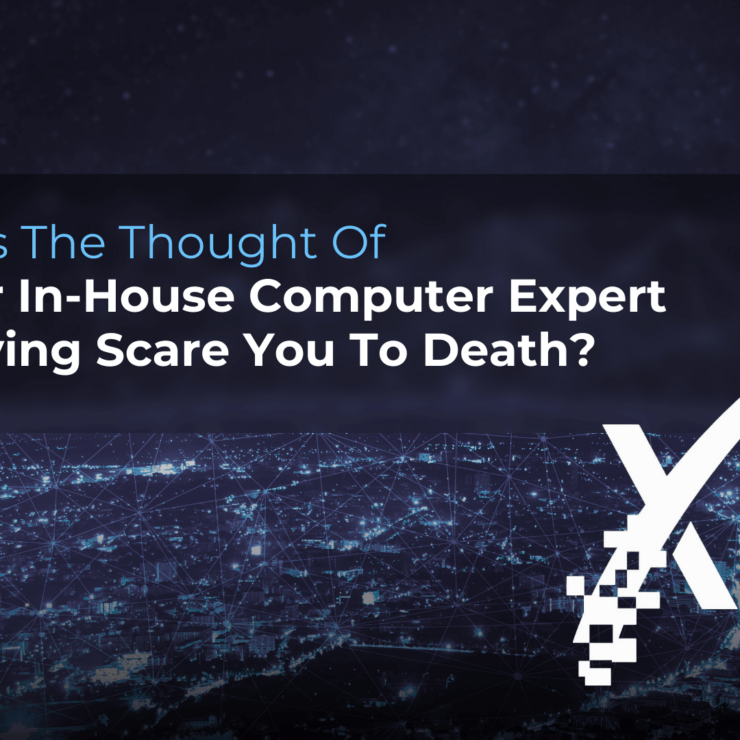October 30, 2014
Does The Thought Of Your In-House Computer Expert Leaving Scare You To Death?

Most businesses don’t think about what would happen if their computer guy suddenly quit. Most business owners think it would only be a temporary inconvenience when, in fact, the opposite is usually true. Want to know how much you are at risk? Ask yourself the following 5 frightening questions:
- Do you have written network documentation about your computer network? What software licenses do you own? What are the critical administrator passwords to your systems and devices? How is your computer network structured? What hardware do you own and when do your equipment warranties expire? Are there cloud vendors for email, online storage, hosted line of business applications, etc. that you don’t currently have? You should NEVER allow a single IT person or company keep this information under their full control over your network and company. If they suddenly left for any reason, this could lead to huge consequences for your company.
- Do you know where your backup files are stored and if they are being stored properly? Do you have a written plan for restoring your network fast in the case of a disaster? If you don’t have a fully tested disaster recovery plan for your office, you could be at serious risk without ever knowing it until something happens.
- Do you know where all of your software is stored? Taking a minute to organize and store your software in a secure place can save you a considerable chunk of money in the event that you need to restore a program on your systems. If you don’t have access to the software or don’t know where it is located, you might be forced to buy the software again.
- Do you know what routine maintenance is being done on your network? If your in-house expert leaves, who will take over?
- Do you know how to protect yourself from an ugly security breach if your in-house computer expert leaves? What happens if your in-house expert splits with no warning AND has access to your company’s network? As soon as humanly possible, you should disable his or her access, including remote access to your network and all cloud-based applications.
So how did you do? If you answered “no” to even one of these questions, you need to get the answers now before it’s too late.